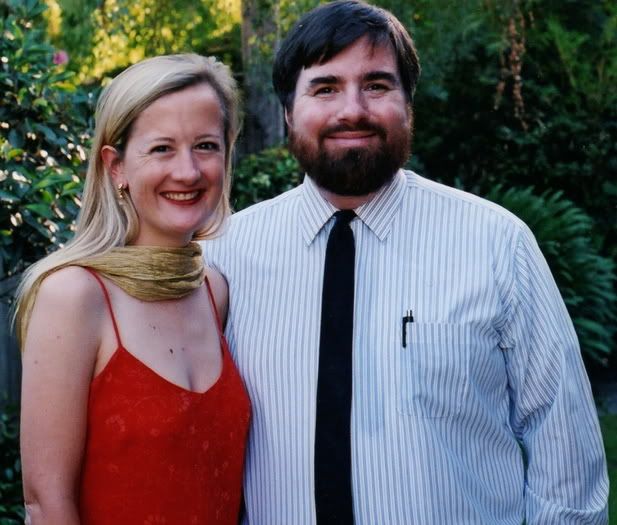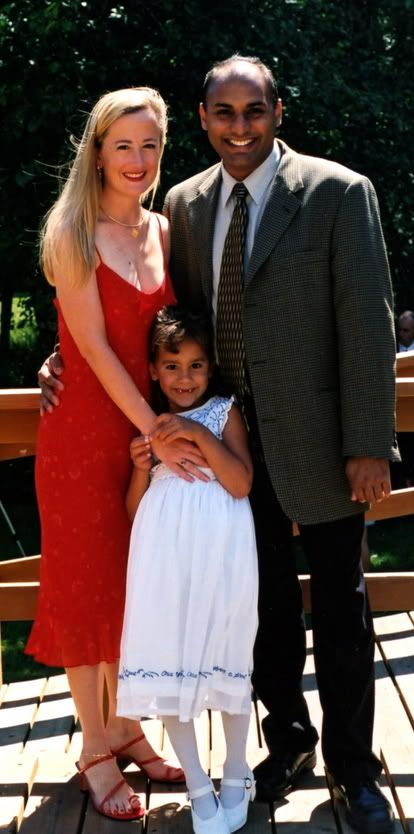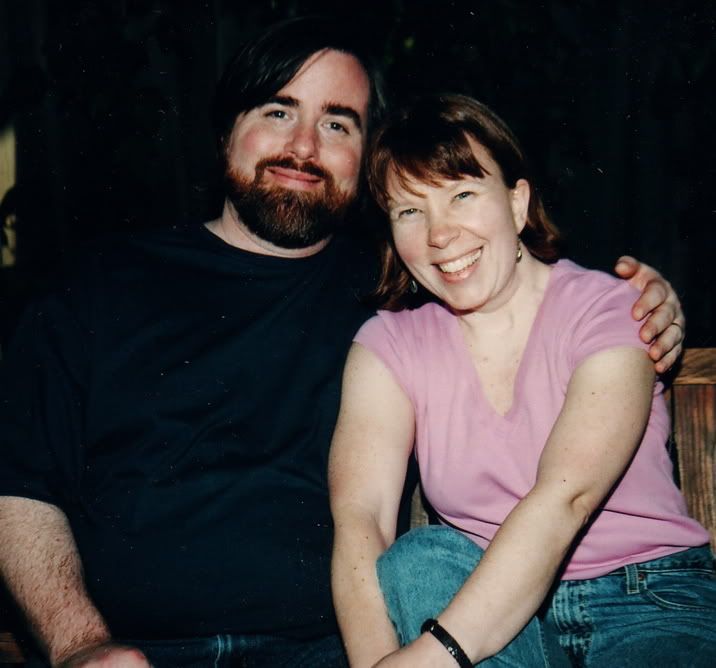I've been reading these studies for decades, at first with a sucker's personal interest and eventually with a critical mind. Let's think about this. The conventional wisdom is that obesity leads to an early death. We have more obese people today than ever before in the history of the human race -- not only are there more fat people, but individuals are fatter than ever before. And we can see, from the falling life expectancy that fat kills. Except that, life expectancy isn't falling. While obesity has overtaken up to 60 percent of the population, life expectancy has gone from 49 to 77 years. An increase of 57 percent.
As I read the article, I noticed a couple of things. And, shall we be surprised by what I noticed? First off, the study is being touted by the Obesity Society. Heard of them? Well, they aren't a society of the obese. No, they are a group of professionals in the field of obesity management. In other words, folk who pocket part of the $33 billion per annum paid out by people like me in the hope that they will get thin. Secondly, it is being challenged by a number of professionals who don't profit from this population, including Dr. Glenn Gaesser, the obesity expert who wrote "Big Fat Lies", a debunking of many of the myths around weight; Dr. Gaesser says that the study is "just adding to the obesity hysteria".
So, I looked a little further and found this Campos: Weight Study's Data Tortured by Paul Campos
Paul Campos is the author of The Obesity Myth, and in writing his article went to the New England Journal of Medicine and actually read the study. Here is part of what he has to say about it.
This, at last, produced a (modest) increase in mortality risk associated with "overweight," thus allowing the authors to draw their conclusion that "overweight is associated with an increased risk of death."
But notice how this result was produced. Since the "overweight" people in the study still had the lowest death risk, even after the authors tossed out 70 percent of their subject pool by limiting their analysis to never-smokers, the study found "overweight" associated with an increased risk of death only among a particular subgroup: people who had been "overweight" at age 50, but were at a "normal weight" when they later entered the study.
In other words, what the study really found is that, for middle-aged "overweight" people, weight loss increases the risk of death significantly! (This, by the way, is a very common finding in studies of this sort).
The authors, needless to say, fail to note this awkward fact, which does not merely contradict, but actually inverts, the public health message their study is intended to bolster. Will journalists covering the study manage to figure this out on their own? Fat chance.
Are you seeing what I'm seeing? That, if people who are currently 50 or over and are overweight believe this "study" and lose weight, they will actually increase their risk of death significantly. And that the authors of the study obviously know that (in order to explain away the fact that their own results showed fat people living longer than thin ones, they had to decide that the thin ones were dying of smoking related causes and so eliminated 70 percent of their original subjects whether their deaths were smoking related or not) and still publicize their results in a way that endangers fat people. And although our society is significantly biased against fat people and doesn't hesitate to heap scorn upon us, this is not being done because of that. No, it is being done for the same reason that the tobacco companies hid their research that tobacco was both deadly and addictive for 50 years and marketed to children. The same reason the diet industry ignores the research that shows that one of the major causes of weight gain is dieting and continues to sell diet products and services, knowing the result will be an increase in weight in 98 percent of their customers. Where there is a profit to be made, it is really not important that you might make people worse or kill them. And if you have to convince children to smoke or constantly redefine overweight downward to replace your lost customer base, well that's what you do. Nothing personal, you understand, just business.


















7 comments:
What was it that Mark Twain said about three kinds of lies, "lies, damn lies, and statistics"? :-)
Yep, follow the money.
I blogged about this too. It just annoyed the piss out of me. I hate, hate, hate people who do this stuff. The study doesn't say what you want it to? Well, just twist the stats until they do. Who cares what that means, just do it and then neglect to mention it. Idiots.
But the thing is, most places aren't going to report it that way. Nope. They'll just run the basic peice, leaving out the criticisms. Annoying as all hell.
Go, Joycelyn! Right on.
Lots of confusion of cause and effect in these studies, methinks. Lots of times people lose weight and think they are getting healthy, when in fact they're losing weight because of illness. Also, for women there are lots of benefits of estrogen that goes away at middle age, and while you lose weight as estrogen decreases, you also can lose its protective benefits.
It's really about being healthy and being at what feels like a healthy weight for you. Beyond that, it's all junk, I think. I've seen women on the treadmill running to be thinner and thinner, and just think, "that can't really be healthy..." Meanwhile, I'm on the weight machines building muscles and bone and could lick any of 'em in a good street brawl! ;^) People routinely underestimate my weight by about 20 pounds at least...
I felt the same way when I read that study-- not the looking for the facts but just they are always doing this. A study came out very recently saying that being overweight didn't increase risks for many diseases. My feeling is if it did cut my life short by say a couple of years, would I care if I had enjoyed all of those years? I think it's all about eating healthily and that's the important thing-- not whether you fit somebody's weight chart
I think journalsim has gone to hell in a handbasket. It's like the guy who confessed to killing that girl 10 years ago, and the papers said "Killer found". Without bothering to find out if he's telling the truth or not.
Of course, what you're talking about is worse, because it's dangerous, and can cause people to do themselves harm.
Statistics can indeed be twisted in lots of ways to confuse people or send a completely different message. "Freakonimcs" was an interesting book examining this type of bias, reading it really made me stop and think about a few things.
Good points, Maya's Granny!
Post a Comment